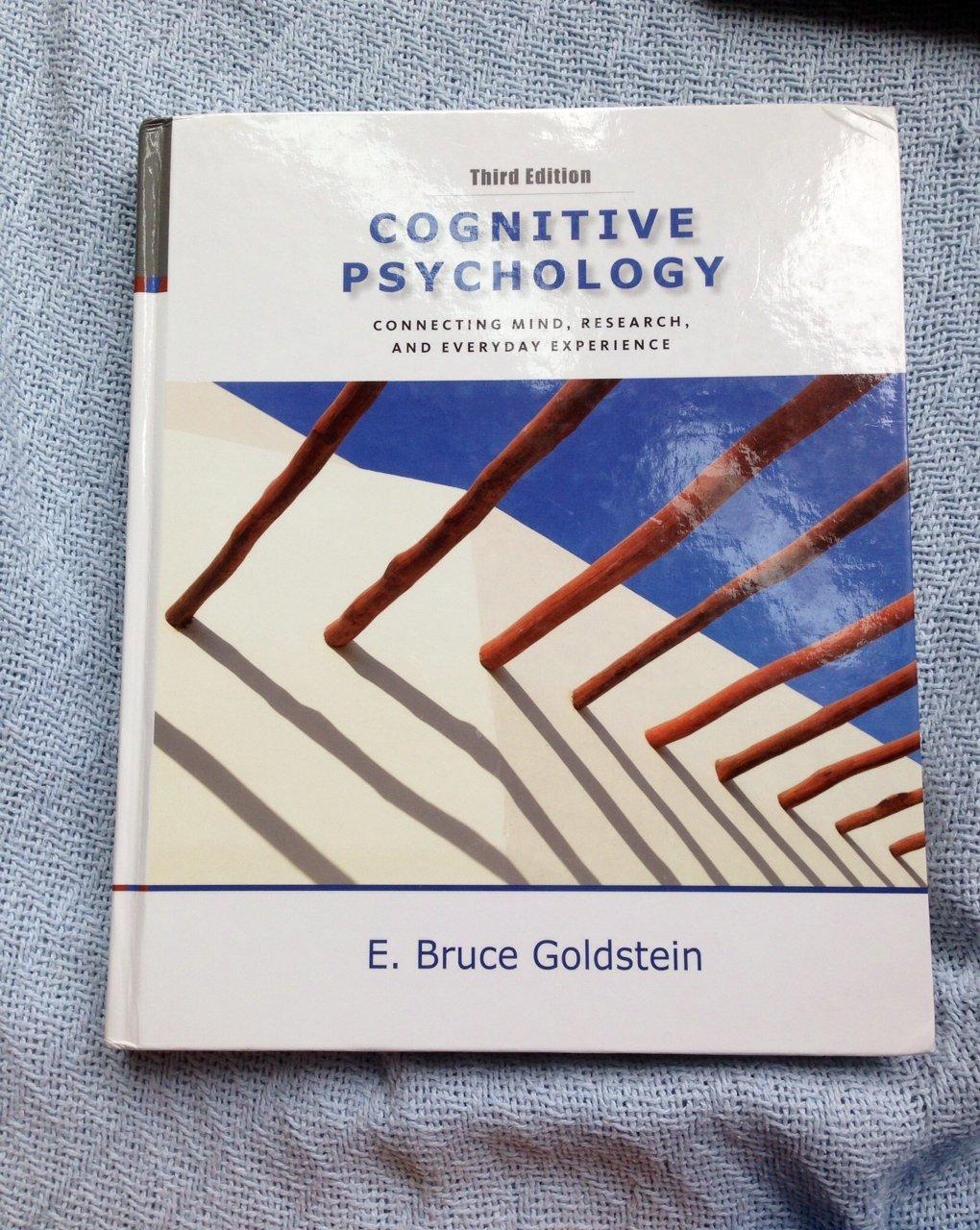Conditional syllogisms have two premises and a conclusion, like categorical syllogisms, but the first premise has the
Question:
Conditional syllogisms have two premises and a conclusion, like categorical syllogisms, but the first premise has the form “If . . . then. . ..” The four basic types of conditional syllogism are
(a) affirming the antecedent and
(b) denying the consequent (both valid);
(c) affirming the consequent and
(d) denying the antecedent (both invalid). L01
Fantastic news! We've Found the answer you've been seeking!
Step by Step Answer:
Related Book For 

Cognitive Psychology Connecting Mind Research And Everyday Experience
ISBN: 9780840033550
3rd Edition
Authors: E. Bruce Goldstein
Question Posted:





